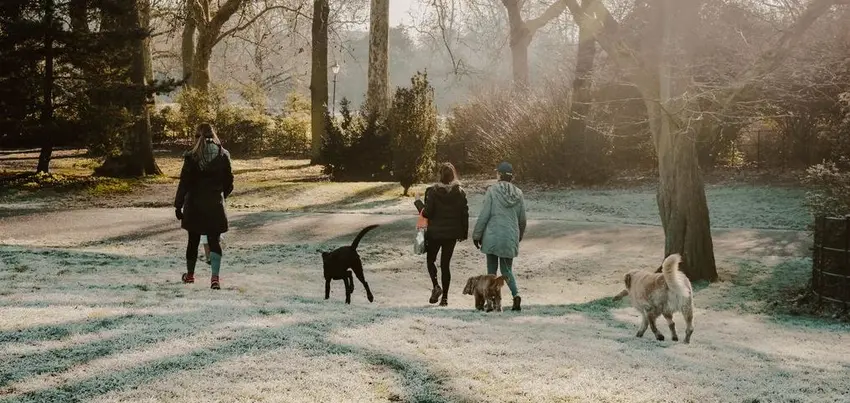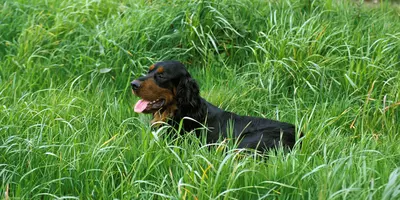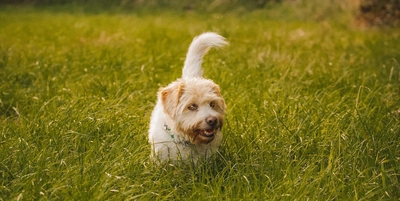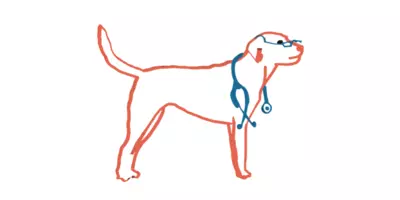How Seasonal Changes Affect Your Dog’s Immune System
- 17 Sep 2025
- 3m read

When the seasons start to change, we humans aren’t the only ones who notice. Just like us, our dogs feel the cooler air, shorter days, and wetter walks. While autumn leaves and winter snow can be exciting to dogs, the colder months can also put extra strain on their immune system. That’s why it’s important to consider how changing weather affects your pooch and how the right food, like Butternut Box, can help them stay strong and healthy.
Can Dogs Get Ill Like Us in Winter?
We often think of colds and sniffles as a human thing, but our dogs can feel under the weather too. While dogs don’t catch the same cold viruses that we do, colder months can still take a toll on their immune system.
How Winter Affects Dog’s Health
When the weather changes, so do our dogs’ daily routines. Less daylight often means shorter walks, colder temperatures can lead to lower energy levels, and damp conditions can bring on sniffles or joint stiffness in older dogs. These changes can put a little extra pressure on your dog’s immune system, making it even more important to support them with some tlc and the right nutrition.
Do Dogs Need Vitamin D?
Yes, dogs need vitamin D just as much as we do.
Many of us humans start to worry about our own vitamin D levels in the darker months, ensuring to stock up on supplements to make up for the lack of sunshine. But here’s the interesting bit, dogs don’t get vitamin D from the sun in the same way we do. It’s all about diet.
For dogs, vitamin D is considered an essential nutrient because they can’t make enough of it through sunlight exposure. Instead, it has to come from what’s in their bowl. Vitamin D helps your pooch by:
Supporting a healthy immune system
Strengthening bones and teeth
Regulating calcium and phosphorus levels
Aiding muscle and nerve function
Without enough vitamin D, dogs can become more vulnerable to illness, have weaker bones, or feel less energetic. That’s why a balanced diet, with natural sources like salmon and flaxseed (both found in Butternut Box recipes), is so important.
What Foods Boost a Dog’s Immune System?
Just like us, dogs benefit from a varied diet full of fresh, nutrient-rich foods to help keep their immune system strong. Different fruits, veggies, seeds, and proteins all play a role in supporting your pup’s overall health — from antioxidants that fight off nasties, to omega-3s that reduce inflammation, to vitamins and minerals that keep their energy levels and defences in tip-top shape.
Butternut Box meals are carefully balanced to include all of these nourishing ingredients, giving your pooch everything they need in one bowl. Some of the star players include:
Broccoli – Full of antioxidants like vitamin C, broccoli helps keep your pup’s immune system strong.
Sweet Potato – A great source of beta-carotene (which converts to vitamin A), supporting healthy vision, skin, and immune function.
Carrots – Another beta-carotene powerhouse, carrots add natural sweetness while supporting your pooch’s defences.
Lentils – Packed with protein, fibre, and minerals to fuel your dog’s energy and immunity.
Flaxseed – Rich in omega-3 fatty acids, flaxseed helps reduce inflammation and supports a healthy coat and immune system.
Other Ways to Support Your Dog in Colder Weather
Nutrition is the backbone of a strong immune system, but there are a few other things you can do to help your pooch through autumn and winter:
Wrap them up: Short-haired or smaller pups may appreciate a cosy coat on frosty walks.
Keep moving: Shorter walks are fine, but regular exercise keeps their body and immune system in tip-top shape.Stay cosy: Make sure your dog has a warm, dry spot to snooze after outdoor adventures.
Wash their bedding regularly: Clean bedding helps minimise germs and allergens, keeping your pup snug and sniffle-free.
For other tips on how to support your dog in colder weather, see here.




.png)